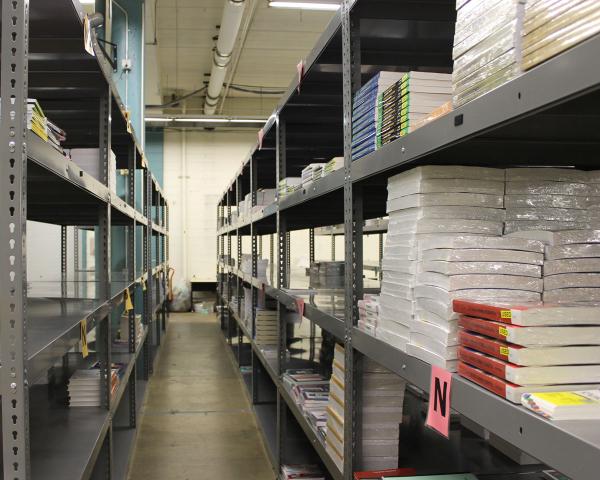Course Material Affordability in a Virtual Environment
Course material costs continue to rise across the country. With the challenges created by COVID-19 statewide and nationally, college bookstores are now faced with implementing a new normal. Over the last 3 years, Minneapolis College and the Minnesota State Bookstore Collaboration have been addressing both scenarios.
Course Material Affordability
The Minnesota State Bookstore Collaborative Services Group has created alternatives that have already resulted in more than 4 million dollars in cost savings for students through our Direct Digital program.
Piloted in the summer of 2017 and fully implemented though the fall of 2018, the Collaboration has worked with publishers to deliver digital content at reduced cost and has eliminated the need to purchase books in more than 140 course sections at Minneapolis College and 349 course sections at four other participating colleges. Through the digital format, students can access required course material content on smart phones, tablets and computers.
To create a financially sustainable bookstore model and allow a path to aggressively drive course material affordability, Minneapolis College partnered with Inver Hills Community College, Dakota County Technical College, Saint Paul College and Northland Community and Technical College to share services. This shared services model has resulted in personnel cost-savings of more than $358,000 across participating colleges in 2019.
In fiscal year 2014, the average cost of a textbook was \$91 and cost per credit was \$32 at Minneapolis College. As the digital initiative and other affordability measures have been embraced, the average textbook cost has dropped to \$52 with cost per credit reduced to \$19.63 in 2019. A drop of 40 percent in 5 years.
Virtual Sales and Distribution
“Via a Collaborative Services Grant through Minnesota State, Minneapolis College built and operationalized a central e-commerce facility to provide virtual course material sales and fulfillment for Minneapolis College, Saint Paul College and Northland Community and Technical College, and now focuses affordability initiatives through this shared services model,” said Director of Bookstore Collaborative Services Gary Westerland.
“The end-goal is to make college more affordable and provide these services in a truly virtual environment. By offering digital course material, open educational resources and alternative options, student costs are significantly reduced.”
Westerland credits the Bookstore Collaboration Working Group, college administrations, faculty and shared services staff for the success of these initiatives. “The hope is to scale these initiatives rapidly across our entire Minnesota State system” said Westerland.
